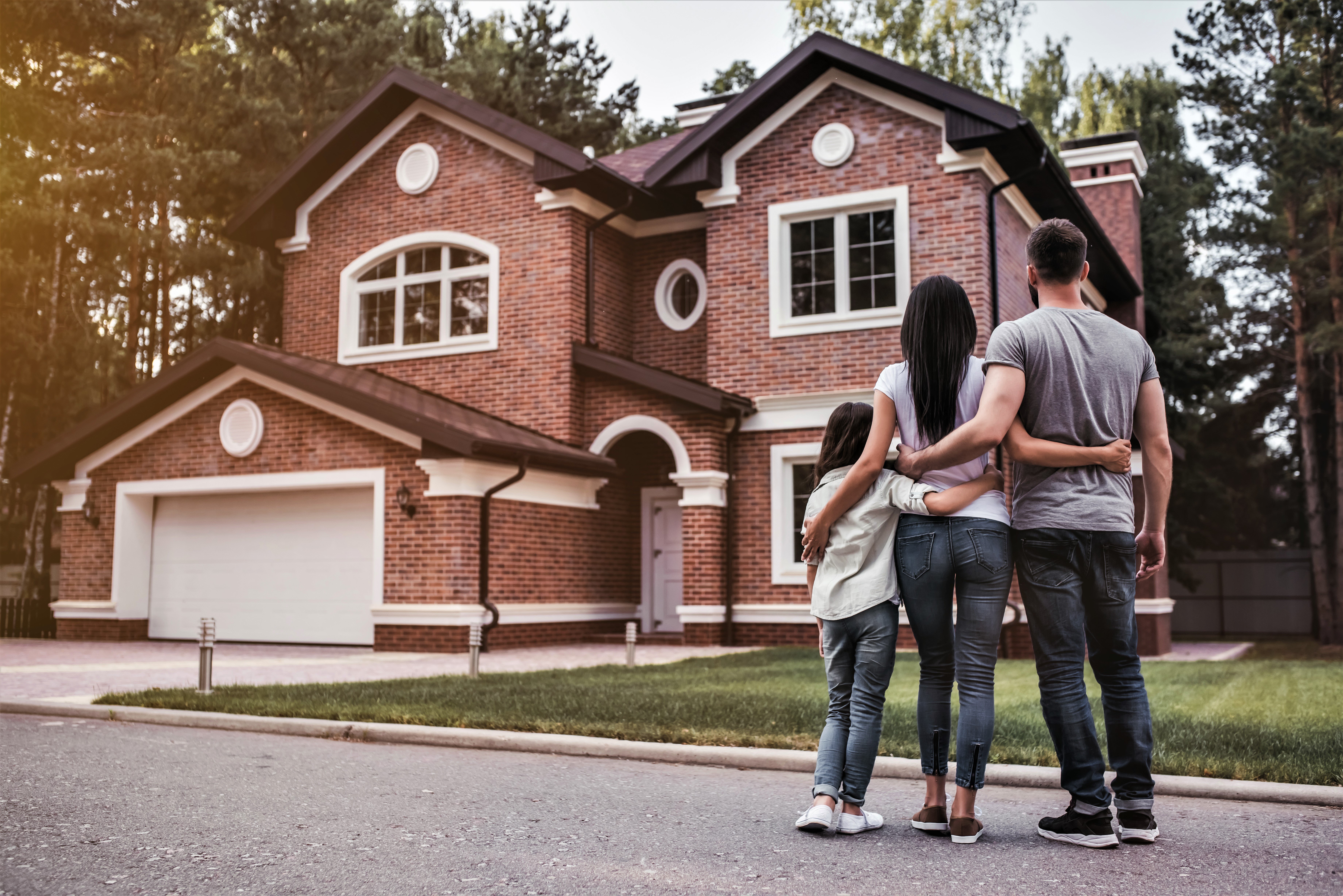
Short Answer: Maybe
The Colorado Homestead Exemption
One of the most commonly used exemptions in bankruptcy is the Homestead Exemption. This means that a certain amount of the equity in your property cannot be taken to pay your debts and you get to keep that. In Colorado, the Homestead Exemption is $75,000, which means up to $75,000 in equity of your home will be protected.
Will I get to keep my house?
Whether or not you will get to keep your house will depend on different factors, but mostly on how much equity you have in your house. For example, if your house is worth $250,000 and you have a mortgage with a balance of $200,000 you would most likely be able to stay in your home. Your equity, meaning how much value you actually have, is $50,000. However, if your house is worth $300,000 and you have a mortgage balance of $150,000, you may not be able to keep your house. In that case, you have $150,000 in equity which means the Trustee could sell your home to help pay your debts. If that were to happen, you would still have the $75,000 exemption meaning that the Trustee would give you $75,000 after your home is sold and whatever is left would go to your creditors.
If I am married do we get two exemptions?
While there are other states that allow you to double the Homestead Exemption, in Colorado, you cannot double the homestead exemption because you are married. This means that you can only still exempt up to $75,000 in equity in your house. However, if you and your spouse reside in separate houses, or other family members reside in a house you own, you may be able to use the homestead exemption for more than one property.
What about seniors or disabled persons?
The Colorado Homestead Exemption allows for up to $105,000 in equity for a senior, meaning someone age 60 or older, or a person with a disability. A “disability” is evaluated under a number of factors but, essentially, it means that you are unable to work and earn income. The higher exemption amount also applies if you have a spouse or dependent that is elderly or has a disability so, if you have a dependent child with a disability, you may qualify for the higher exemption.
Do I need to do anything special for my residence to qualify as a homestead?
Generally speaking, your homestead is automatic, meaning any property that you own and reside in qualifies for the exemption. If you have some debts that started before 1975, you may need to have a homestead declaration recorded.
What if I live in a mobile home, trailer or condominium?
The Homestead Exemption protects real property, meaning your house or condominium, but it also will protect things like a mobile home, manufactured home, or a trailer. The key factor is that you have to occupy the property, meaning you live there, to qualify for this exemption.
Keep in mind that this is just an overview and you should contact us to get answers on your specific situation. The law also changes from time to time so things like the amount of the exemption might be different. We understand keeping your home is very important and our attorneys will do their very best to help you do that!



